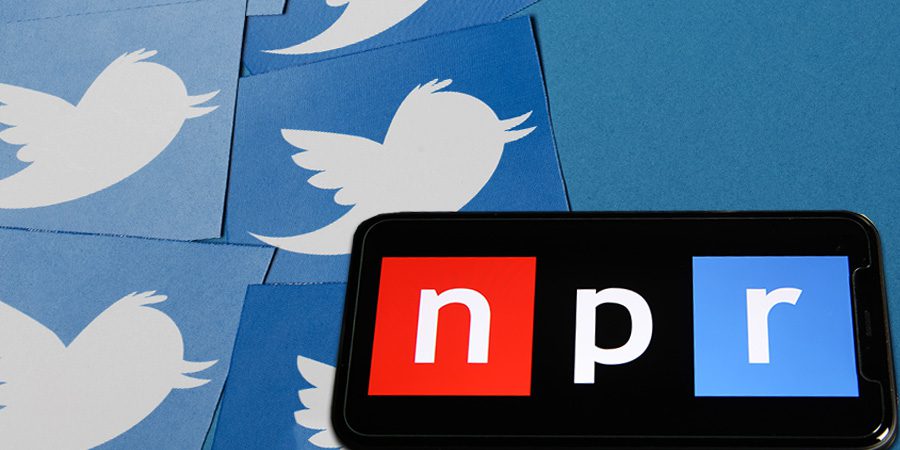In this article, we’ll look at the reasons behind the ongoing controversy surrounding Twitter’s decision to label National Public Radio (NPR) as “US state-affiliated media,” and the response from NPR, its chief executive, and correspondents.
Key Takeaways:
- Twitter labeled NPR as “US state-affiliated media,” stirring controversy
- Independent nonprofit NPR receives minimal government funding and maintains editorial independence
- Twitter’s policy definition of “state-affiliated” media has shifted
- NPR President and CEO, John Lansing, objects to the label and demands a retraction
Twitter’s Controversial Decision
National Public Radio (NPR) was recently labeled as “US state-affiliated media” by Twitter, which contradicts the social media platform’s previous definition of the term.
This label has sparked objections from NPR’s chief executive and correspondents, as it inaccurately portrays the independent, nonprofit news organization.
NPR’s Editorial Independence
Despite being a nonprofit organization, NPR receives only a small portion of its funding from government grants and maintains editorial independence.
The primary sources of funding for it come from corporate sponsorships, fees paid by NPR Member organizations, grants from institutions, contributions from individuals, and the costs for using the Public Radio Satellite System are covered by the fees charged to its users.
Twitter’s Shifting Policies
In the past, Twitter classified “state-affiliated” media as news sources that the government influenced by providing money, political pressure, or control over the production and distribution of content.
Previously, it explicitly exempted NPR and the BBC as “state-financed media organizations with editorial independence.”
However, Twitter has since removed NPR’s exemption, sparking backlash from the organization and its supporters.
NPR Demands Retraction
NPR President and CEO, John Lansing, has publicly objected to the “state-affiliated media” label, stating that the term does not apply to NPR, per Twitter’s earlier guidelines.
Lansing emphasized NPR’s commitment to freedom of speech and holding the powerful accountable, and called for Twitter to retract the label in the interest of a vibrant, free press.
Conclusion
National Public Radio’s recent labeling as “US state-affiliated media” by Twitter has resulted in significant controversy and objections from the news organization.
NPR maintains its editorial independence, and the label is considered misleading and damaging to its reputation.
It is uncertain if Twitter will remove the label and give back NPR’s exemption status, which was recognized before.
 Sections of this topic
Sections of this topic
















